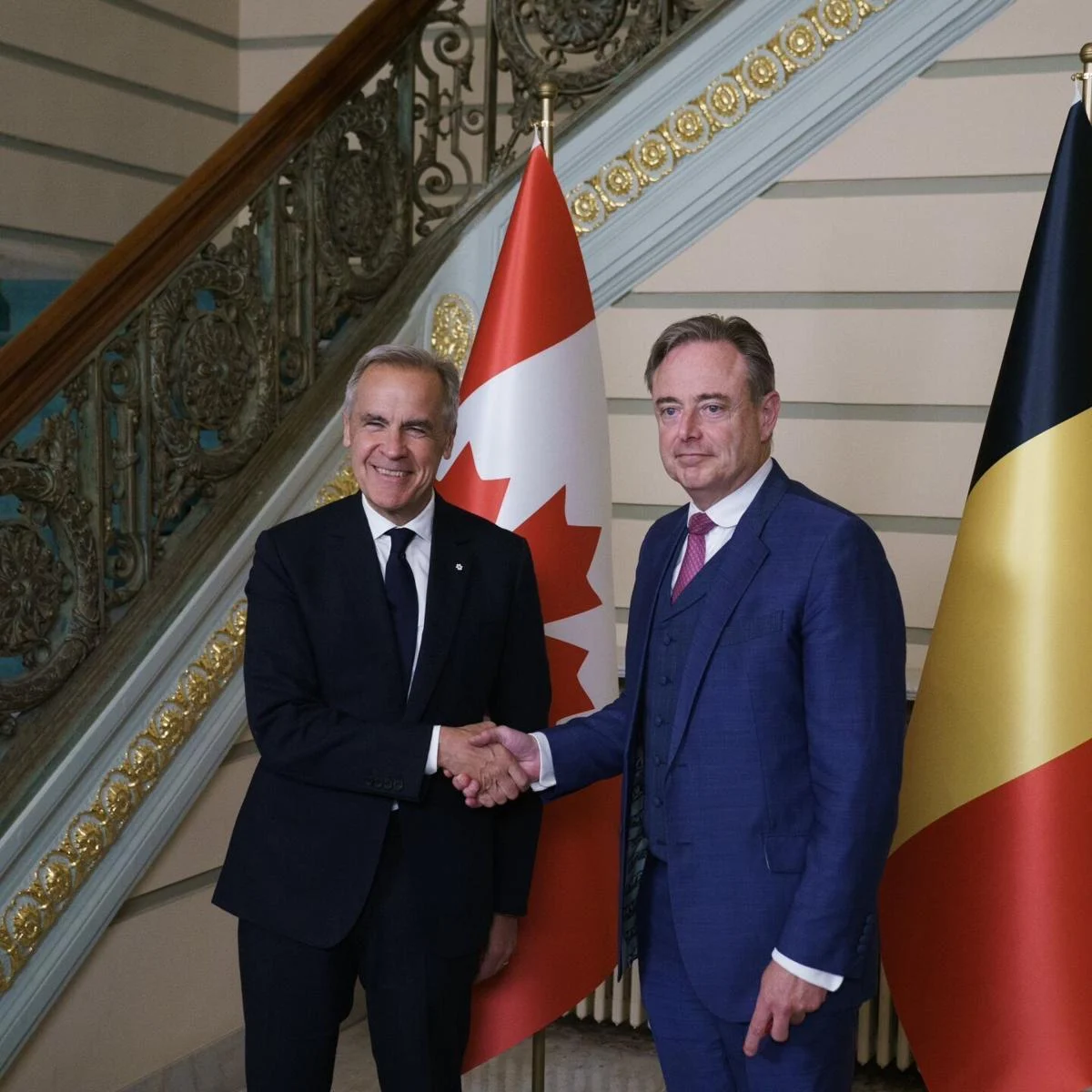OTTAWA – Canada has joined its NATO allies in a new defence investment pledge to spend five percent of annual GDP on defence by 2035, a commitment Prime Minister Mark Carney says is essential in a “dangerous and divided” world. While the Liberal government outlines plans for significant investments in core military capabilities and dual-use infrastructure, the Conservative opposition is pushing for greater transparency on how these vast sums will be spent.
Conservative defence critic James Bezan emphasized to CTV News his party’s demand for detailed plans, particularly for “hard infrastructure” to support new F-35 fighter aircraft and address the critical shortage of 6,700 housing units for Canadian Armed Forces personnel. Bezan stressed the need for concrete investments that directly benefit the military and its members.
The pledge, announced by Prime Minister Carney at the NATO summit, allocates 3.5 percent of GDP to direct military spending and 1.5 percent to broader defence and security-related expenditures. Carney stated these investments would not only enhance military capacity but also “build our industries and create good, high-paying jobs at home.”
However, public opinion, as revealed by a recent Angus Reid poll, suggests a different set of priorities for Canadians. The survey found that 66 percent of Canadians prioritize improving trade relationships with international partners, significantly outweighing the 21 percent who favour military preparedness. This growing focus on trade could present a challenge for the government as it navigates the rollout of this unprecedented defence spending increase.
As global tensions rise, with examples like Russia’s invasion of Ukraine and the Iran-Israel proxy conflict, Bezan underscored the urgency of ensuring Canada is “prepared for the worst” and actively contributes to collective security under NATO and NORAD. The Conservative party’s insistence on detailed spending plans highlights a desire to ensure accountability and strategic allocation of what will be billions of new defence dollars.

